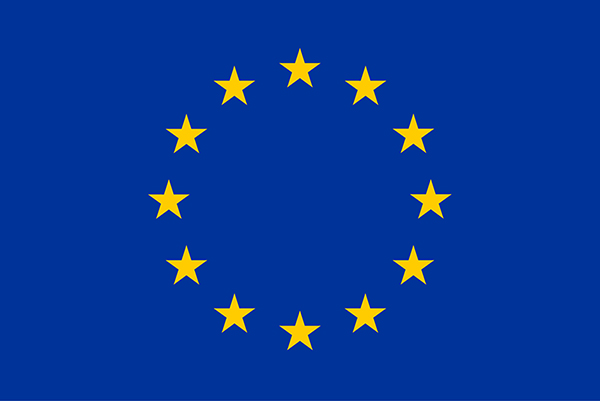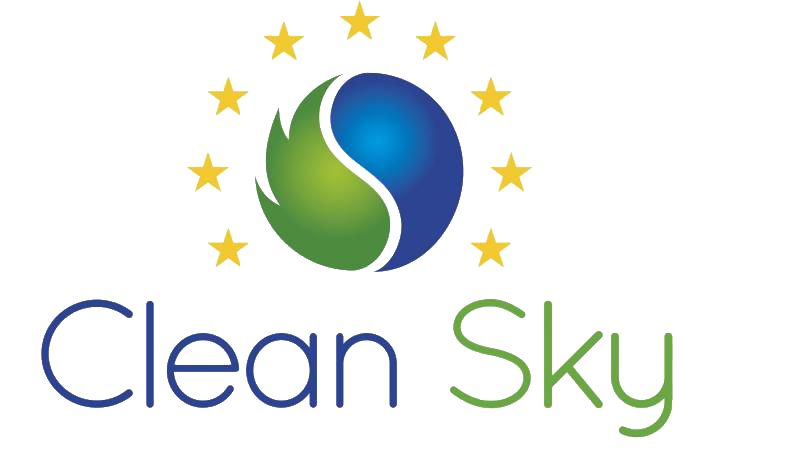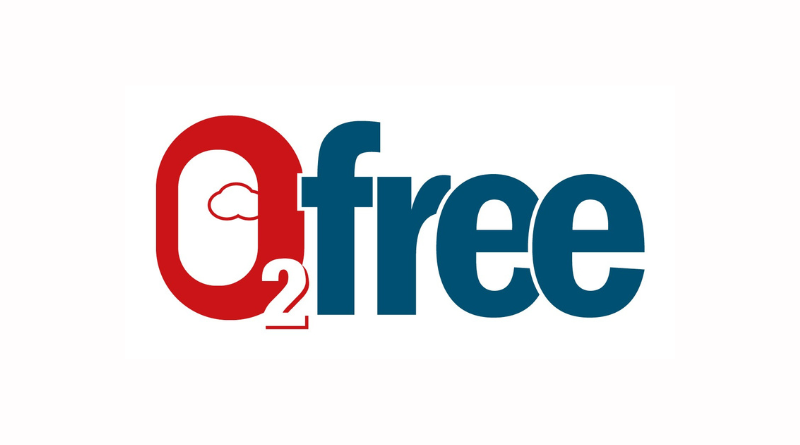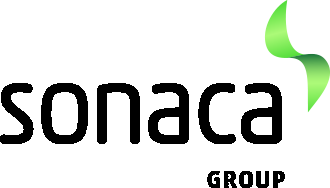O2FREE
O2FREE
Metal-air battery integration for cargo compartment fire suppression
Website: under construction
ABSTRACT
Today, most aircraft still use Halon-based fire suppression systems for cargo compartment inertisation following a fire event. Halon 1301 is a very effective fire extinguishing agent. However, it is also a harmful substance with high ozone depletion potential. The use of halon for critical applications including aviation is being phased out, and will be completely banned by 2040 as set out in the Montreal Protocol. There is a need for innovative, lightweight and more environmentally-friendly fire suppression solutions for the aerospace sector.
O2FREE proposes the development of an innovative and lightweight solution for fire suppression based on primary Al-air battery technology. Metal-air batteries consume oxygen during discharge and thus have the capability to suppress fires in closed compartments such as aircraft cargo bays by reducing oxygen concentration.
O2FREE will demonstrate the feasibility of such technology. Battery gravimetric power capacity is considered the critical factor for reaching high oxygen absorption capability. O2FREE proposes the development of Al alloys (anode) and nanofibers with optimum porosity (cathode) to enhance Al-air cell power capability. Moreover, 1S12P module configuration will be developed to maximize power output of the battery module and thereby oxygen absorption rate per kg of battery. Battery prototypes containing single battery modules will be developed for testing and validation. Modules will be placed in aluminium casings designed for protection and to allow air to reach cells, meeting the standards of aeronautics sector including RTCA DO160 Rev G.
O2FREE will demonstrate the feasibility of Al-air technology as a fire suppression solution for aeronautics; delivering a lightweight, safe and reliable technology free of critical raw materials. Results will directly contribute to EU competitiveness in aircraft systems and technologies.
Project Budget: 799.197,50 €
Leitat Budget: 336.995 €
Financial Framework: Horizon 2020 Clean Sky
Contract number: 101008179
Start Date: 01/12/2020
End Date: 30/11/2022
Contact Manager: acdicken@leitat.org


This project has received funding from the Clean Sky 2 Joint Undertaking under the European Union’s Horizon 2020 research and innovation programme under grant agreement No 101008179. This publication reflects only the author’s views and the European Union is not liable for any use that may be made of the information contained therein.




